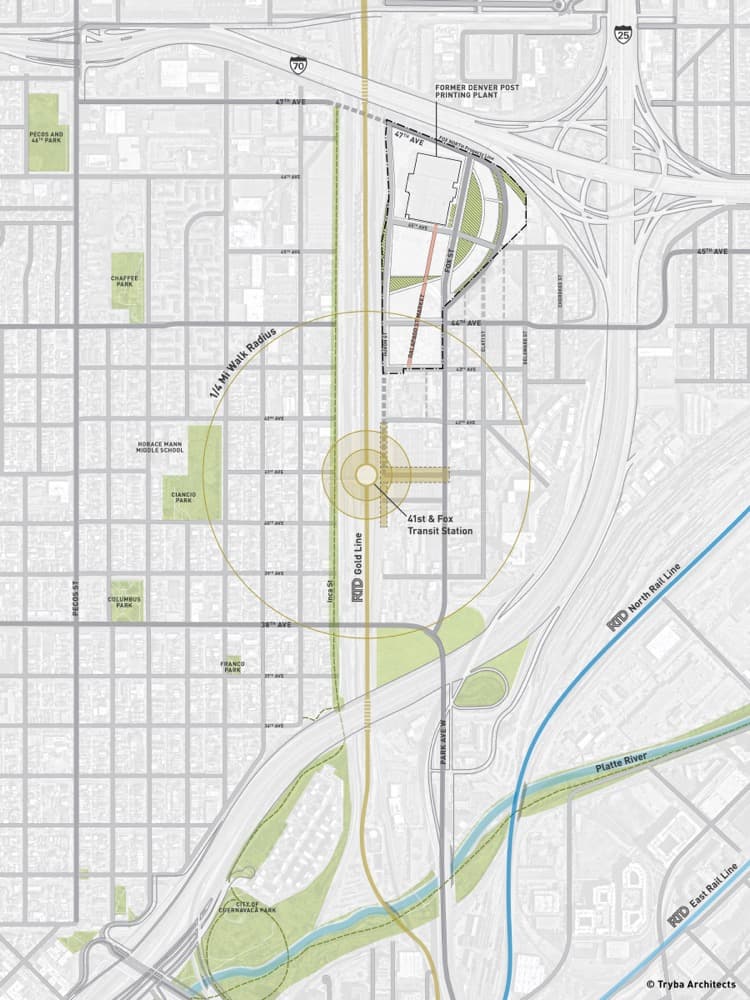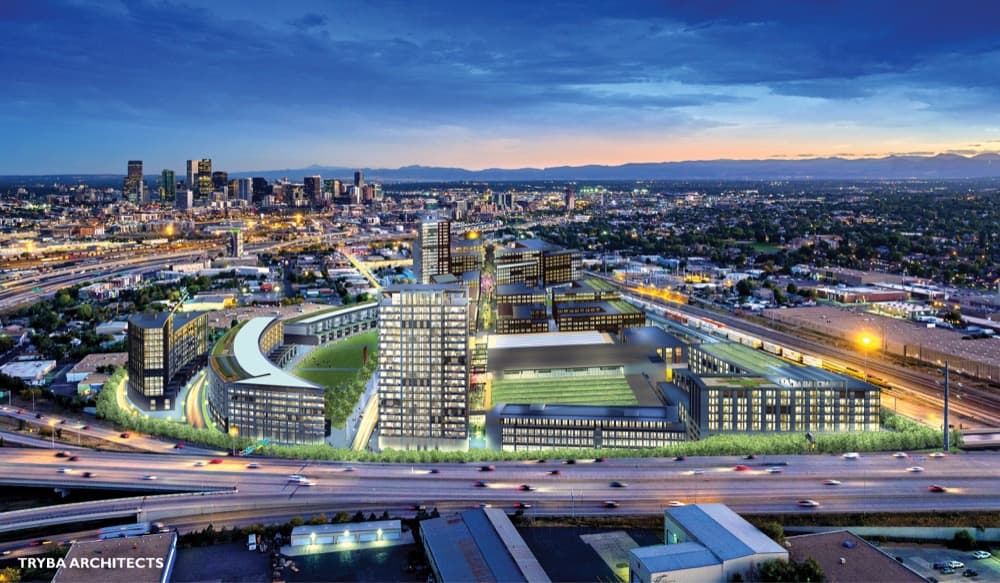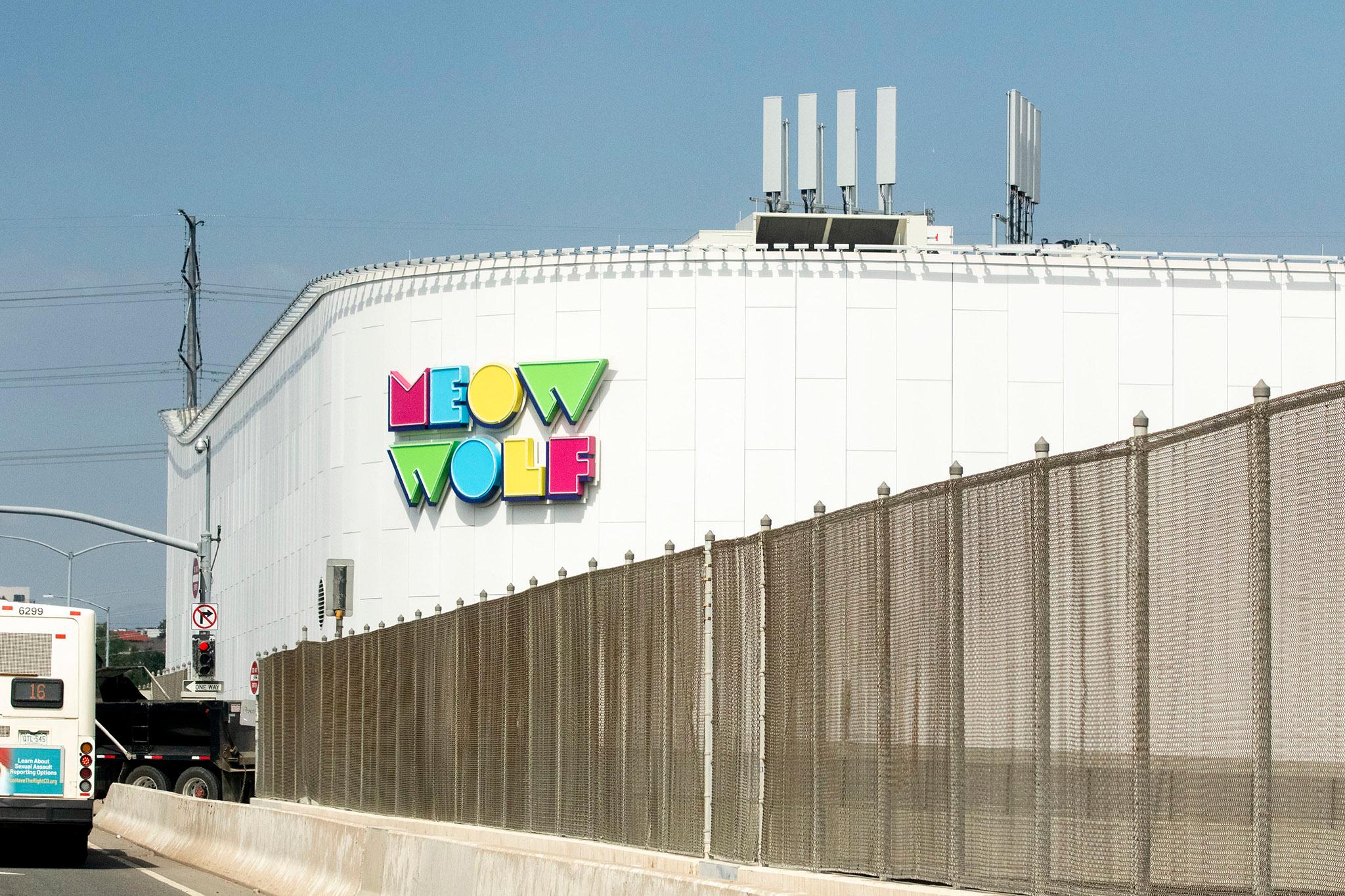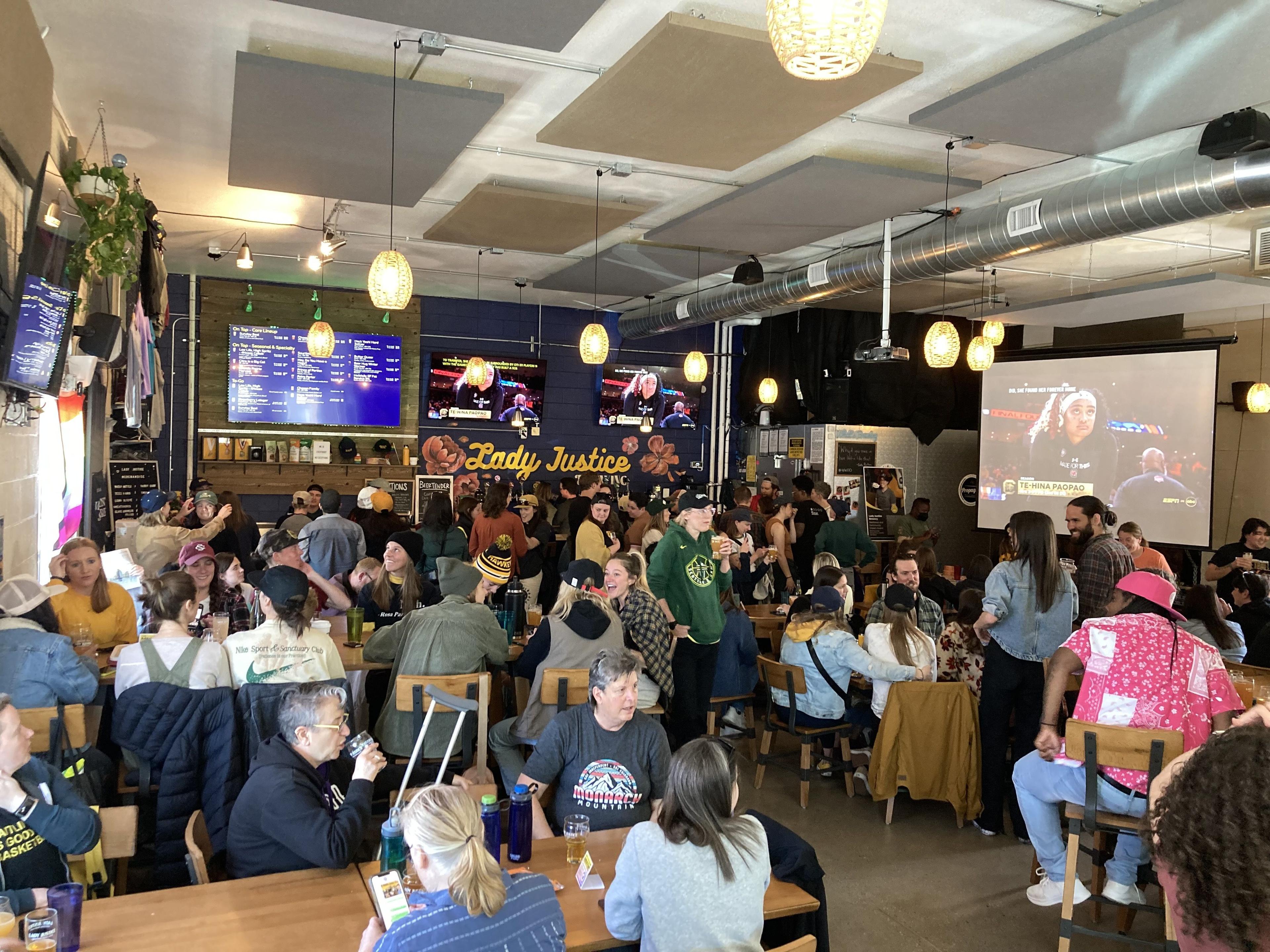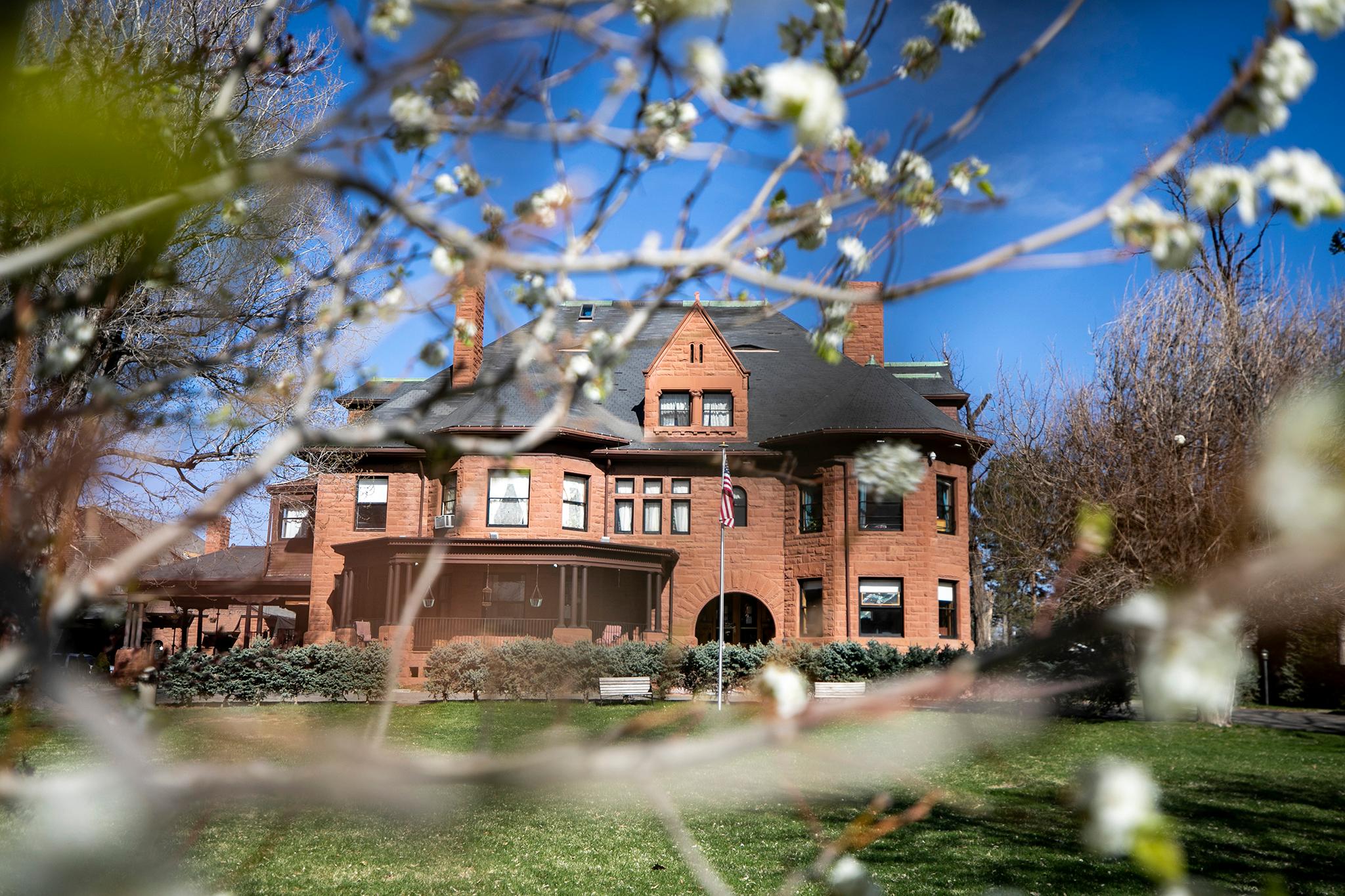The "urban island" that surrounds the new Fox Street rail station in Globeville has been approved for potential redevelopment.
On Monday night, the Denver City Council voted in favor of a rezoning and development plan that would allow up to 12 floors of construction along Fox Street. However, some council members said that the city has failed to ensure that affordable housing will be built on the site.
Construction won't happen overnight. Instead, the land's owners now are looking for "vertical developers" to draw up plans for a potential new urban center on the site.
"I know a lot of people think this area is going to develop very quickly,"said Council President Albus Brooks. "It's going to take a while."
How much could they build?
"We want this to be a true neighborhood," said Graham Benes, a partner in Ascendant Development Corp.
Ascendant and Woodspear Properties own 41 acres around the station, which is surrounded by Interstate 70, the rail corridor and Interstate 25.
With the new approval, construction on the site could reach up to 8 and 12 floors. The property also is home to the old Denver Post printing plant, which hosts The Big Wonderful festival.
In the “long, long term” — 10 to 20 years or more — the site could host:
- 661,000 square feet of office, retail, live-work space and restaurants
- 85,000 square feet of pure retail
- nearly 3,000 residential units
(That's according to Zak Kessler, general counsel for Woodspear.)
The site's road connections are pretty poor, with only two routes in and out. To limit the impact, development won't be allowed to proceed until the city judges that the transportation network is ready for it.
"It's a mess today," said Councilwoman At-large Debbie Ortega.
Fox Street could be rebuilt, but it won't be "reconstructed to be a super highway," according to Chris Nevitt, the city's manager for transit-oriented development.
But one of the biggest challenges is the "suboptimal" interchange of Fox Street, 38th Avenue and Park Avenue, he added. Ascendant is providing $250,000 to fund a study into the "next steps" for the area.
"We will not do business as usual," Nevitt said.
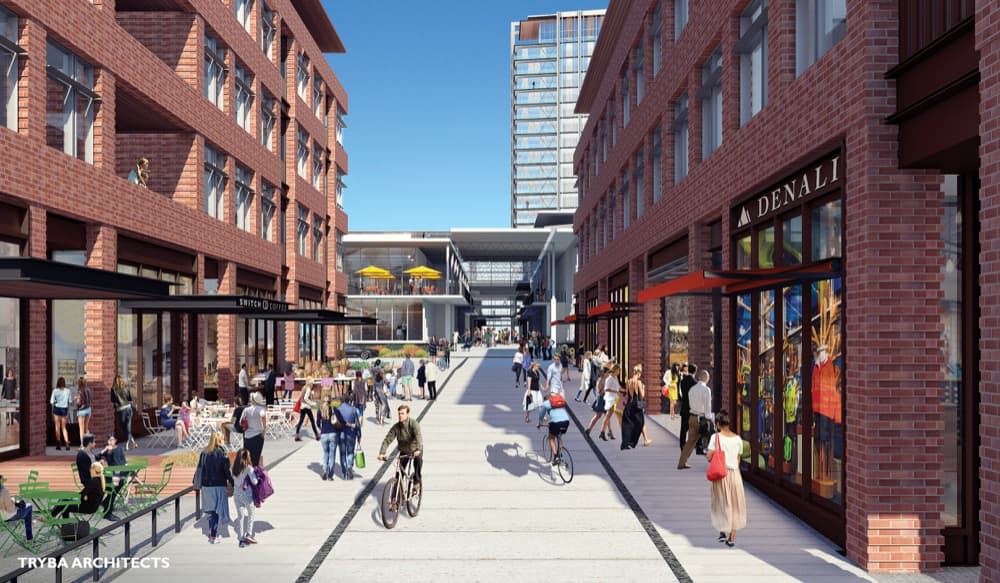
Council members were worried about affordable housing.
Anyone who builds on the land will pay a higher-than-normal amount toward affordable housing -- about $2 per square foot, 25 percent higher than the normal fee for residential development.
But that money could end up funding housing anywhere in Denver. Councilwoman At-large Robin Kniech said that the city should have forced developers to build the lower-cost housing on the site, especially since it's near a rail station.
"We have a dire need, and land is very scarce," she said. "Twenty-eight hundred units of housing (on the Fox site) might be built without affordability, and I'm not OK with that."
Councilman Paul Kashmann agreed. "We can’t keep giving these large partials away based on intent and promises," he said. "It just needs to be a deeper part of our ethos."
Ortega had a counterpoint. The city council hasn't clearly laid out what kinds of deals it wants to see on these sites, she said.
"To say, 'You followed the rules, but we wanted to do this,'" she said, "it’s not fair."
Councilman Rafael Espinoza said he was "frustrated" that the proposal didn't allow more density, pointing to the potential preservation of the 300,000-square-foot printing plant.
"It’s a huge cut in the amount of development potential there," he said. But developers still could decide to tear down the building and go higher, Kessler said.
Espinoza still liked the proposal. "It is consistent and better than anything we’ve put forward on Fox island to date."
Councilman Kevin Flynn noted that the Argo smelter used to be in the area, and asked about the potential for contamination. But he was supportive, saying it was far better than RTD's abandoned plan to build a maintenance facility at the printing plant.
"I think we dodged a big bullet," he said.
The council approved the rezoning and development agreement in 10-3 votes, with Kashman, Kniech and Councilman Paul López dissenting.
